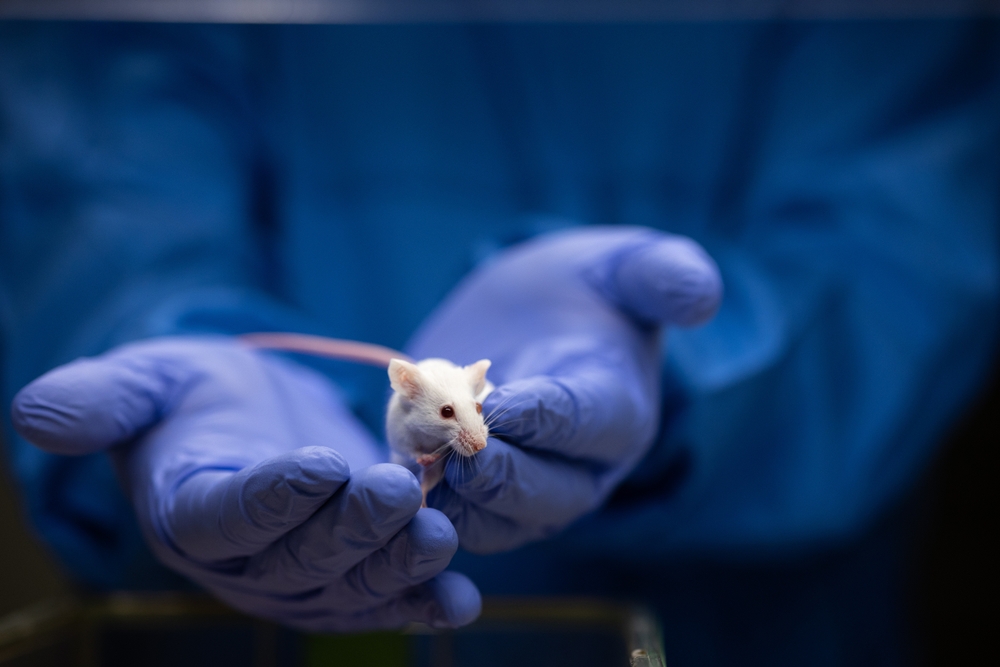The number of animals used in UK laboratories has fallen again, to the lowest figure in more than 20 years.
According to the latest government statistics, 2.64 million scientific procedures involving animals will be carried out in 2024, down slightly from 2.67 million in 2023.
The RSPCA welcomes this continued decline, but warns that the headline figures hide a much larger and often overlooked problem. The idea is that thousands of animals are kept for research purposes but are not actually used in experiments.
The charity claims that without accounting for these animals, the true scale of the UK’s reliance on animal testing remains hidden.
Hidden sacrifices: farmed, unused animals
Despite the decline, the RSPCA warns that official statistics only tell part of the story.
The charity claims the data does not include hundreds of thousands of animals kept for science but not actually used in experiments.
These animals (often labeled “surplus animals”) can be killed because they don’t have desirable genetic traits or because more animals are bred than needed.
Other people are euthanized so that their tissues and organs can be used for research rather than being involved in the actual procedure.
The RSPCA claims that without counting these animals, it is impossible to fully assess the true scale of animal testing and its ethical impact.
Dr Penny Hawkins, Head of Scientific Animals at the RSPCA, explained: “Statistics released by the Home Office help inform the public about the use of live animals in scientific methods, but they are critically lacking in information about the hundreds of thousands of animals that were bred for science but were not subsequently used in the methods.
“All these animals can experience suffering and every individual matters. Our overarching goal is for the UK and the rest of the world to phase out the use of animals in science.
“But as long as UK government statistics only tell part of the picture, it will hinder everyone’s ability to measure how science is impacting every animal kept for research, making it impossible to understand the whole picture.”
Demanding transparency and reform
The charity is calling on the UK government to reinstate regular reporting of data on idle captive animals, which was last published in 2017. In contrast, the European Union continues to collect and publish this information every five years.
The RSPCA believes that comprehensive data not only improves transparency but also supports the development of strategies to eliminate animal testing altogether.
The report states that accurate reporting is essential to track progress in replacing animal-based experiments with humane, non-animal techniques.
Toward a future free of animal testing
While the continued decline in the use of laboratory animals offers hope, activists argue that real progress depends on recognizing all animals affected by science, including those that are never used in experiments.
Without this transparency, the RSPCA warns, the UK risks missing out on a significant proportion of animals kept for research purposes, undermining both scientific accountability and animal welfare efforts.
The RSPCA is therefore calling on the Government to develop an ambitious national strategy to phase out animal testing, which will be outlined later this year.
As the country awaits a future strategy, the debate over animal testing continues to highlight the tension between scientific progress and ethical responsibility.
Source link

